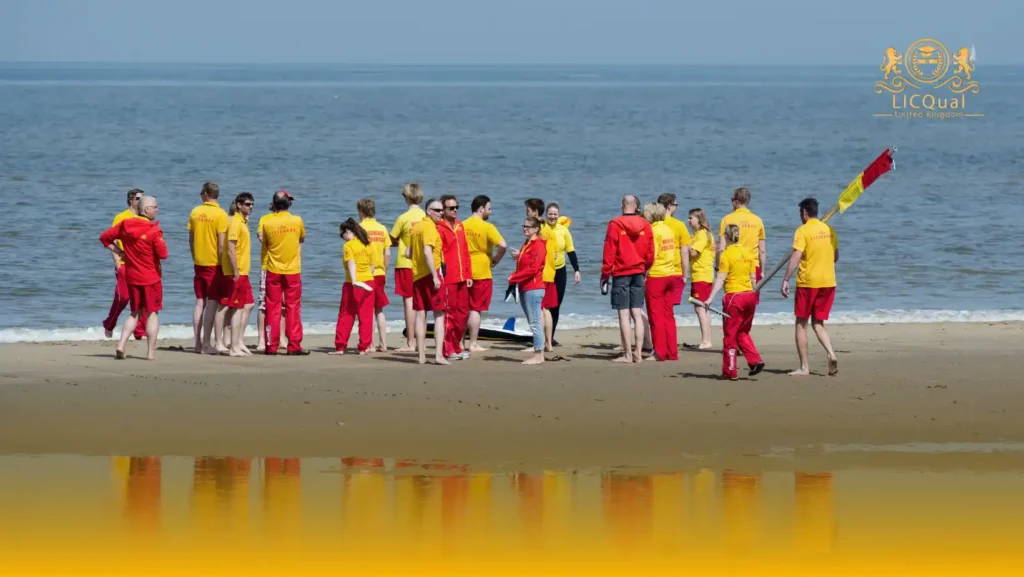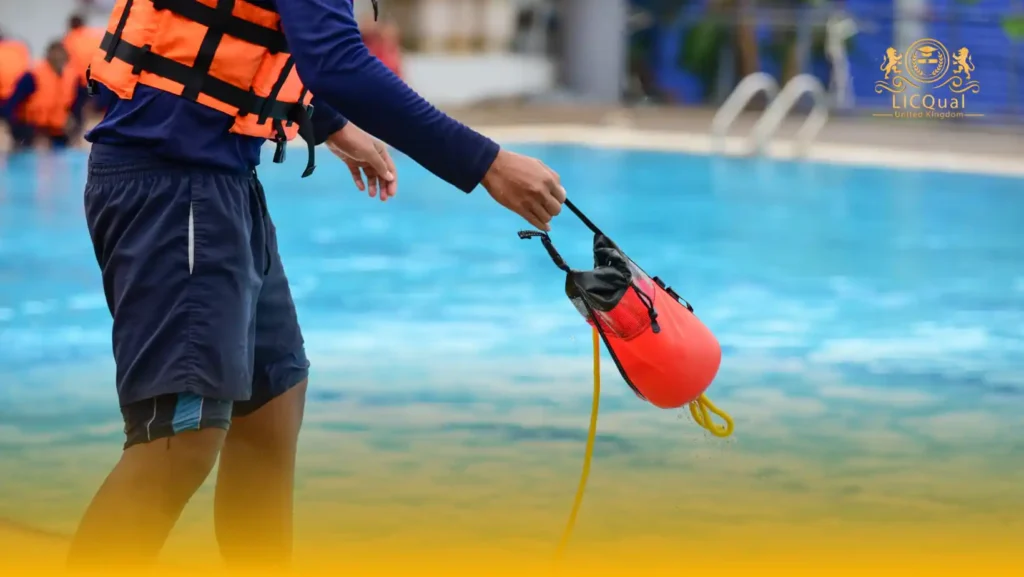A Lifeguard Qualification is an internationally recognized professional certification that validates an individual’s competence in preventing, responding to, and effectively managing a wide range of aquatic emergencies. It confirms that the holder has successfully completed rigorous training and possesses the essential knowledge, skills, and physical fitness required to safeguard lives in water environments.
This certification reflects specialized expertise in water safety protocols, rescue and recovery techniques, accident prevention strategies, first aid, and cardiopulmonary resuscitation (CPR). In many programs, training also extends to managing spinal injuries, performing oxygen administration, and coordinating with emergency services during critical incidents.
Lifeguard qualifications are awarded only after participants complete a recognized and accredited training program that combines in-depth theoretical instruction with intensive hands-on practical assessments. The theoretical component equips learners with the principles of risk assessment, hazard recognition, and emergency planning, while the practical training ensures they can confidently apply these skills in real-life rescue scenarios under time-sensitive and high-pressure conditions.




